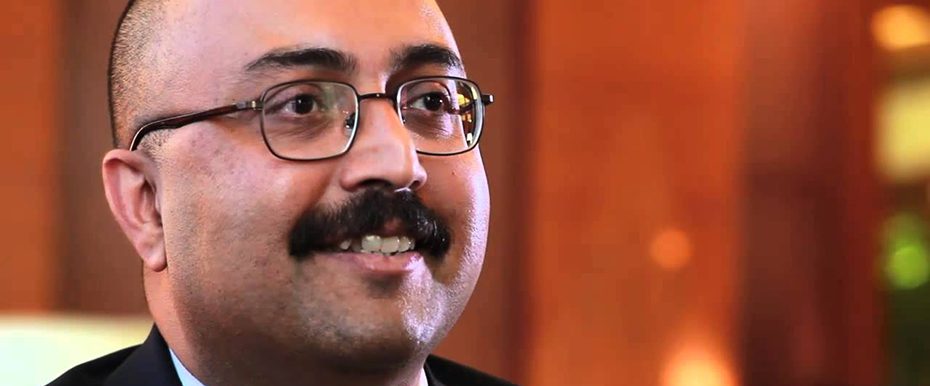FACULTY SPOTLIGHT: Sunil Kumar, Dean of the Booth School of Business

Just like at any job, when attending b-school it’s important to know who your boss is. At the University of Chicago Booth School of Business, that head-honcho is the school’s Dean, Sunil Kumar.
Kumar joined the school’s faculty on January 1, 2011 as Dean and Professor of Operations Management. Throughout his time as dean, Kumar’s primary focus has been on expanding the number of faculty members at the school, supporting the needs of various, diverse student aspirations, expanding the reach of the school’s programs, and executing a careful global strategy.
Born in India, Kumar received a Master of Engineering degree in computer science and automation from the Indian Institute of Science in Bangalore and a Bachelor of Engineering degree from Mangalore University in Surathkal. He earned a PhD in electrical engineering from the University of Illinois at Urbana-Champaign. Before becoming dean at Booth, Kumar spent 14 years on the faculty of the Stanford University Graduate School of Business where he was the Fred H. Merrill Professor of Operations, Information and Technology. He also served as senior associate dean for academic affairs, overseeing the school’s MBA program and leading faculty groups in marketing and organizational behavior.
An award winning professor, Kumar was awarded the Finmeccanica Faculty Scholarship, was named a Spence Faculty Scholar and received multiple teaching commendations at Stanford. He also was named Professor of the Year at the Indian School of Business in Hyderabad. He currently teaches Course 36902, Dynamic Programming/Markov Decision Processes, in the Spring at Booth.
Kumar is also a respected scholar and academic reacher. His published work includes performance evaluation and control of manufacturing systems, service operations, and communications networks. Kumar has served as the editor of the Stochastic Models area of the journal Operations Research. He co-developed a widely used factory simulator for teaching operations management. The simulator, “Littlefield Technologies,” has been used in classes at more than 50 business and engineering schools. He also served as an operations consultant to several companies.
